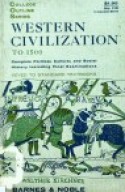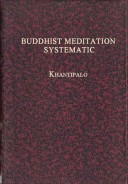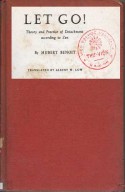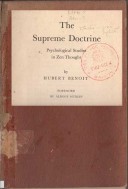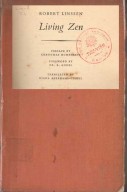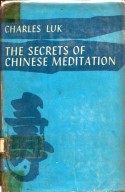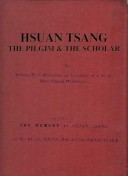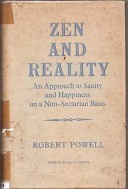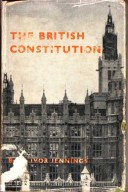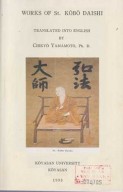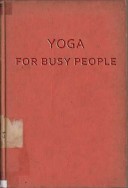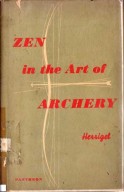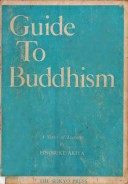ABOUT THE AUTHOR
Walther Kirchner is Professor of History at the University of Delaware. He received his B.A., M.A., and Ph.D. degrees from the University of California at Los Angeles. He has held teaching positions at the University of California at Los Angeles, the University of Pennsylvania, and Lehigh University. Dr. Kirchner, a research specialist in Russian history, has written Rise of the Baltic Question, Jacob Fries’ Journey through Siberia, and History of Russia. He has also contributed numerous articles to leading history periodicals. Professor Kirchner has traveled extensively thoughout the world and has spent a Fulbright year in Denmark. For the years 1955-1956 he was appointed a member of the Institute for Advanced Study at Princeton.
PREFACE
The scope of European history, the diversity of achievements in classical and medieval times, the multitude of events and developments, and the wealth of ideas and beliefs born in the Western World make it impossible for any author to present without trepidation a new survey of Western civilization. Confronted with the task, he appreciates the more such advice and help as I have received from Dr. Jill Nadell of the University of Kentucky for the sections on Ancient history, from Dr. Norman Zacour of Franklin and Marshall College for those on Medieval history, and from my wife for each and every part.
TABLE OF CONTENTS
Introduction…………………………………………. 1
On History
Chapter I The Earliest Known Civilizations………………. 5
Egypt and Sumer up to the Second Millennium B.C.
Other Cultures Before 2000 B.C.
Chapter II The Near East in the Second and First Millennium B.C. 15
The Second Millennium The First Millennium
Chapter III Greece Before 500 B.C………………………….. 30
The Political Scene
The Social and Cultural Scene
Chapter IV Greece in the Fifth Century…………………….. 45
The Political Scene Greek Thought and Art
Chapter V The End of Greek Liberty (404—336 B.C.)………… 59
Political Conditions
Greek Culture in the Fourth Century
Chapter VI The Hellenistic Age……………………………….. 67
Alexander the Great and His Successors
Greek Art and Thought in the Hellenistic Age
Chapter VII The Rise of Rome……………………………….. 76
Early Roman Civilization
The Building of the Republic
Chapter VIII The Flourishing of the Roman Republic…….. 89
The Third Century
The Second Century
The End of Republic Institutions
Chapter IX The Establishment of the Empire……………. 103
The Age of Julius Caesar
The Augustan Age
Chapter X Imperial Rome…………………………………….. 117
The First Century A.D.
The Second Century
The Third Century
Chapter XI The End of the Ancient World………………. 134
The Political and Economic Scene
The Cultural Scene: Triumph of the Christian Church
Collapse of the Empire
Chapter XII Barbarians, Christians, and Moslems (375—741)…. 142
The Barbarians
Eastern Empire and Christian Church
The Rise of Islam
Chapter XIII The Early Feudal Age (741—1000)….. 156
Formation of the Carolingian Empire
Viking Invasions and the Reorganization of Europe
Feudalism
Chapter XIV Beginning of a New Millennium (Eleventh Century)…. 174
The Political Scene
Economic, Social and Cultural Conditions
Religion and the First Crusade
Chapter XV Flourishing of the Middle Ages (Twelfth Century)……….. 189
Political Scene
The Cultural Scene
Chapter XVI The “Greatest of Centuries” (Thirteenth Century)… 206
The Universal Church
The Empire and the Nations
Commerce and Society
Sciences and Arts
Chapter XVII The Eve of the Renaissance (1275—1350)…… 229
Disintegration of the Medieval System
Economic and Social Conditions and the Arts
Chapter XVIII The Early Renaissance (1350—1453)………… 246
The States of Europe
Church and Society
Scholarship and Arts
Chapter XIX On the Threshold of the Modern Age (1453—1492)… 266
Western Europe
Central and Eastern Europe
Conclusion
EXAMINATION………… 275
SOME MEMORABLE RULERS, STATESMEN,
SCHOLARS AND ARTISTS………. 282
SOME MEMORABLE CHURCHMEN,
SCHOLARS AND ARTISTS……………. 284
SOME MEMORABLE RULERS………. 286
CHRONOLOGY……………………………… 289
BIBLIOGRAPHY……………………………. 305
INDEX………………………. 313
 Facebook
Facebook
 Google
Google
 Google+
Google+
